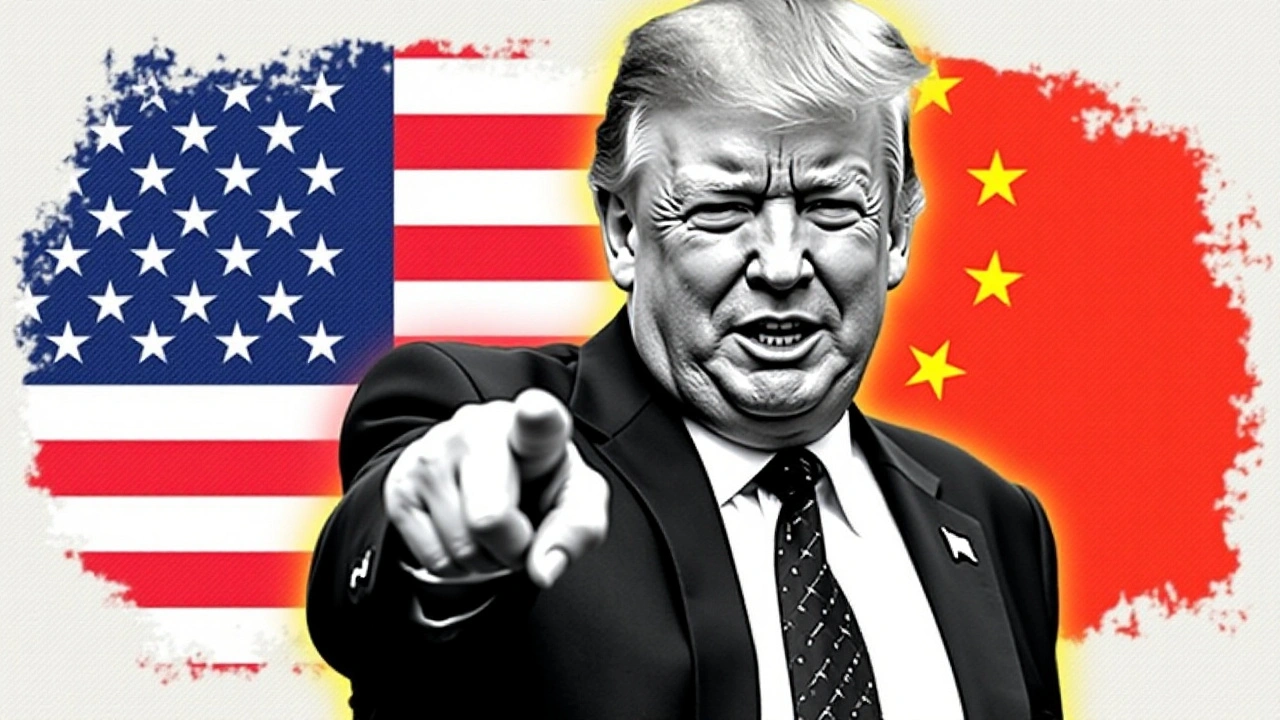- U.S. Army Delegates One-Star Generals for New Recruiting Hubs in Key Cities Nov 27, 2024
- New Memoir Exposes Shocking Allegations Against Sean 'Diddy' Combs: Control, Cheating, and Abuse Sep 22, 2024
- Brazil's Narrow Victory Over Chile: Luiz Henrique's Late Goal Shines Bright Oct 11, 2024
- Austrian Grand Prix Controversy Sparks Major F1 Rule Changes and $800k Fine Jun 30, 2024
- NSFAS 2025 Funding Applications Open for South African Students Sep 21, 2024
December 2024 Archive — African EduNews Tree
December brought focused reporting on two stories that matter to Africa and its global ties. First, we covered the debate around BRICS and the idea of a new currency. Finance officials say there are no formal talks to create a BRICS currency, and work remains aimed at bank membership and climate lending. That shifts the conversation from dramatic headlines toward practical steps: how emerging economies can cooperate without upending existing systems. For readers following de-dollarization, this means watching institutions like the New Development Bank for policy moves rather than expecting a quick currency switch.
BRICS currency talk
Our report explained why creating a shared currency is complicated. Countries in BRICS have different economic sizes, fiscal rules, and political priorities. A common currency would require deep alignment on monetary policy and trust in governance. Instead, the New Development Bank is expanding membership and funding climate projects, which can build influence without replacing the dollar overnight. That matters to African economies that rely on foreign trade and investment: gradual cooperation could mean more financing options without sudden shocks to exchange rates or aid flows.
We also noted how media hype can outpace policy. Ministers may express support for alternatives to the dollar, but translating a vision into a working payment system takes years. Investors, exporters, and students planning to study or work abroad should track practical indicators like swap lines, local currency trade deals, and NDB loan terms rather than headline statements.
UK deportation case: Tobi Adegboyega
The other major story covered a high-profile deportation order for Pastor Tobi Adegboyega after he lost an immigration appeal in the UK. The tribunal weighed financial mismanagement and allegations tied to his church, SPAC Nation, alongside personal and family ties. This case shows how immigration rulings can hinge on more than relationships; courts also consider conduct, community impact, and credibility of claims.
For African communities in Europe, the ruling is a reminder to take governance and financial transparency seriously, whether in faith groups, charities, or businesses. For legal observers, it highlights the role of tribunals in balancing personal hardship against public interest and rule of law. We suggested practical steps: keep clear records, seek legal advice early, and document community work with independent evidence.
Both stories in December underline a common theme: big ideas and high-profile people get attention, but real change depends on systems, rules, and steady institutional work. If you follow African news, focus on the slow, concrete moves—bank policies, legal records, and project financing. Those are the signals that shape outcomes for communities, economies, and individuals across the continent.
Want more? Check the full December archive for deep reads, interviews, and data-driven pieces. Bookmark the page and subscribe to daily updates to catch follow-ups on BRICS finance and migration cases affecting African communities. We will track new NDB policies and legal outcomes so you can stay informed. Expect clear explainers, fast updates, and practical guides to what these developments mean for students, businesses, and policymakers today.
Future of BRICS Currency: Exploring Alternatives in Global Finance
- Katlego Sean Mahaye
- Dec 7, 2024
Finance Minister Enoch Godongwana recently confirmed that no discussions about the creation of a new currency among the BRICS nations have taken place. While there is much interest in moving away from the U.S. dollar, tangible plans to develop an alternative financial system or currency remain distant. The New Development Bank's priority currently lies in expanding its membership and focusing on climate-project lending.
Nigerian Pastor Tobi Adegboyega Faces Deportation After Losing UK Immigration Tribunal
- Katlego Sean Mahaye
- Dec 4, 2024
Pastor Tobi Adegboyega, a relative of actor John Boyega, has been ordered for deportation from the UK following an immigration tribunal's decision. Despite his marriage to a British citizen and claims of community work in the UK, financial mismanagement within his church, SPAC Nation, undercut his appeal. Accusations of cult-like activities bolstered the tribunal's ruling, illustrating complex intersections of immigration, finance, and alleged exploitation.

